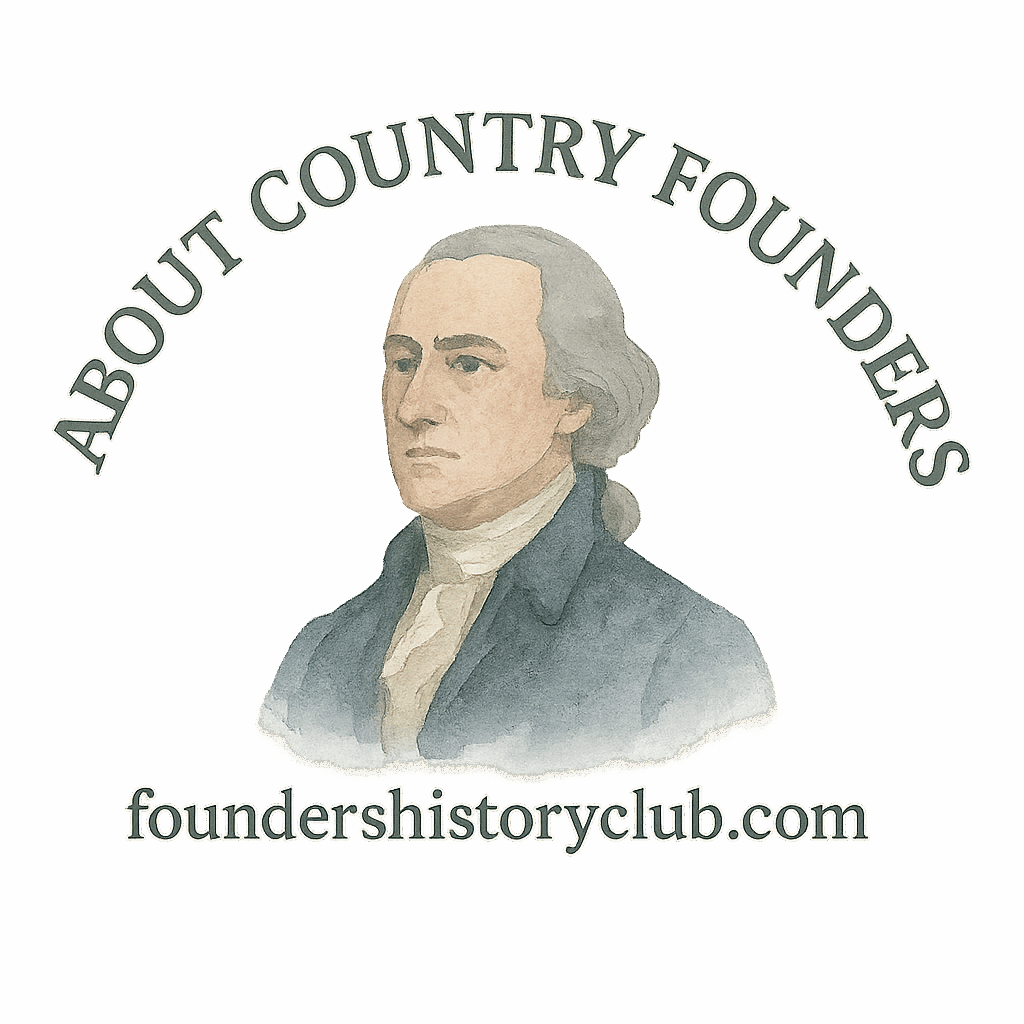Introduction
When we think of “founders,” our minds often race to names like George Washington or Julius Caesar. But the Middle East, a cradle of civilization, has produced its own pantheon of boundary-shifting figures. These individuals didn’t just lead countries; they redefined entire regions. From ancient empires to modern nation-states, their legacies are carved into the political and cultural landscapes. Let’s journey through time and explore the lives of 10 remarkable founders from the Middle East who reshaped borders and rewrote history.
1. Cyrus the Great – The Architect of the First Persian Empire
The Birth of a Multinational Empire
Cyrus the Great, founder of the Achaemenid Empire in the 6th century BCE, built one of the largest empires the world had ever seen. He united the Medes and Persians, extending his realm from the Mediterranean to the Indus Valley.
Governance and Cultural Integration
Cyrus wasn’t just a conqueror; he was a pioneer in governance. By respecting the cultures and religions of those he ruled, he created a stable, multicultural empire. The Cyrus Cylinder is often cited as the first charter of human rights.
Legacy in the Modern World
Modern Iran still reveres Cyrus, and his influence on governance can be seen in global constitutional ideologies.
2. Saladin – The Unifier of Muslim Lands
Defender of Jerusalem
Saladin (Salah ad-Din) led Muslim forces during the Crusades, reclaiming Jerusalem in 1187. His leadership reshaped the region’s map and religious control.
A Symbol of Chivalry and Unity
Renowned for his honor even among enemies, Saladin symbolizes unity in the Muslim world. He laid the groundwork for later Islamic governance models, covered under early history.
3. Kemal Atatürk – The Father of Modern Turkey
From Empire to Republic
Mustafa Kemal Atatürk transformed the Ottoman Empire into the secular Republic of Turkey after World War I. His military strategy and political reforms set Turkey on a new course.
Radical Reforms and Secular Vision
He abolished the caliphate, introduced Western legal codes, and mandated secular education—shaping Turkey’s identity and placing it within comparative governance frameworks.

4. Ibn Saud – The Founder of Saudi Arabia
Tribal Alliances and Strategic Marriages
Abdulaziz Ibn Saud united disparate tribal groups into the Kingdom of Saudi Arabia in 1932, using diplomacy and familial ties.
Oil Discovery and National Consolidation
The discovery of oil turned Saudi Arabia into a geopolitical powerhouse. His legacy is frequently explored in monarchy-based histories.
5. Gamal Abdel Nasser – Voice of Arab Nationalism
The Dream of Pan-Arab Unity
Nasser envisioned a unified Arab world. As Egypt’s president, he nationalized the Suez Canal, defied colonial powers, and inspired anti-imperial movements.
Legacy in Arab Identity
Though Pan-Arabism faded, Nasser’s influence endures in Arab nationalism and revolutionary founders.
6. David Ben-Gurion – Founder of Modern Israel
Declaration of Independence
In 1948, Ben-Gurion proclaimed the State of Israel. His strategic diplomacy and defense initiatives ensured survival in its turbulent early years.
Establishing a New Nation-State
Under his leadership, Israel developed core institutions and absorbed waves of immigrants. His role fits within controversial yet pivotal moments.
7. Reza Shah Pahlavi – Modernizer of Iran
Centralized Power and Reforms
Reza Shah reshaped Iran in the 20th century, focusing on modernization, infrastructure, and reducing clerical influence.
Legacy and Controversy
His reign sparked both admiration and dissent, making him a key figure in founders influence debates.
8. Faisal I of Iraq – Architect of a New Kingdom
Building a Nation Amidst Colonial Interests
Faisal I navigated British and local interests to become King of Iraq in 1921. He sought unity among ethnic and religious groups.
Pan-Arabism and Regional Diplomacy
A strong advocate for Arab unity, Faisal’s diplomacy is still studied in education legacy projects.
9. T. E. Lawrence (Lawrence of Arabia) – The Foreign Revolutionary
A Catalyst in the Arab Revolt
Though British, T.E. Lawrence played a foundational role in the Arab Revolt during WWI, advocating for Arab independence from the Ottomans.
Influence Beyond Borders
His writings and strategy affected Middle Eastern borders and are examined in global inspiration.
10. Mustafa Barzani – Kurdish Identity and Autonomy
Founding the Kurdish Movement
Barzani dedicated his life to Kurdish autonomy. His leadership formed the backbone of the Kurdish nationalist movement.
Struggles for Recognition
Despite many setbacks, his legacy thrives in modern Kurdish politics and fits within independence leaders discussions.
Conclusion
Borders are more than lines on a map—they’re shaped by the dreams, struggles, and decisions of individuals. The founders from the Middle East showcased here didn’t just claim land; they shaped nations, influenced ideologies, and left marks that time hasn’t erased. Whether revered or debated, their stories are foundational to understanding the region today. To dive deeper into such influential figures, explore Founders History Club.
FAQs
1. Who was the most influential Middle Eastern founder? Arguably, Cyrus the Great, due to his vast empire and early human rights doctrine.
2. Why is Saladin still remembered today? His defense of Jerusalem and diplomatic conduct made him a respected figure across religions.
3. What made Atatürk’s reforms so radical? He dismantled the Ottoman legacy and introduced secularism and Western governance models.
4. How did oil shape Ibn Saud’s legacy? It turned Saudi Arabia from a tribal kingdom into a global economic force.
5. What was T.E. Lawrence’s actual contribution? He supported and strategized Arab independence movements during World War I.
6. Why is Kurdish independence still a struggle? Geopolitical resistance and lack of international consensus keep Kurdish autonomy in limbo.
7. Where can I learn more about founders by era or region? Check out resources on Founders by Era or Founders by Continent for detailed explorations.


